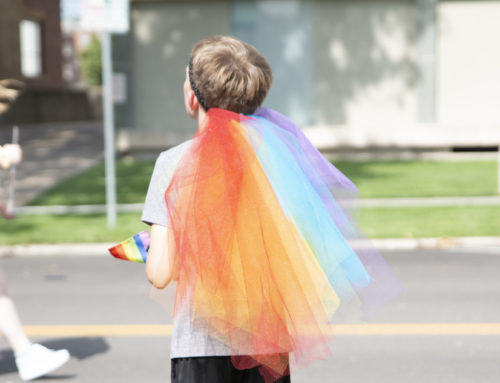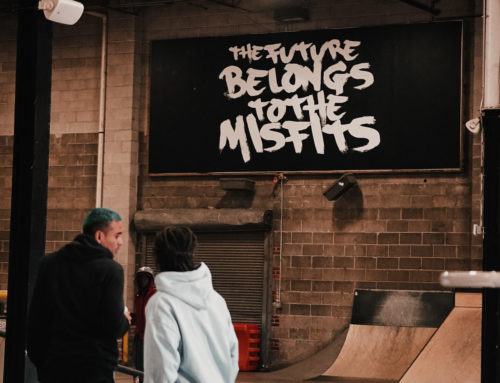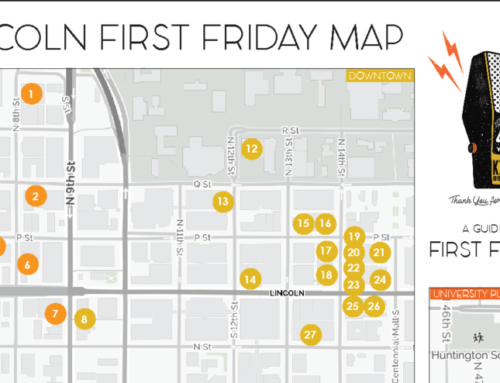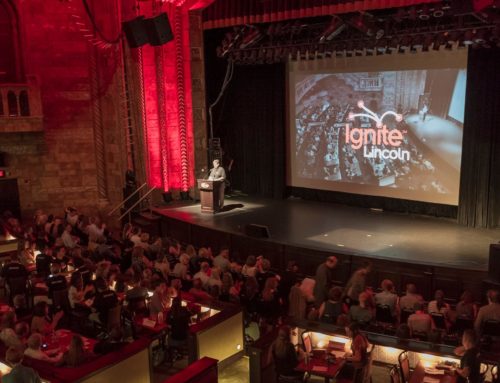Story by Hannah Rivers
Photos by Shannon Claire
Sept. 29, 2016
It would have been a typical Wednesday night at Indigo Bridge Books, had it not been for the diverse group of individuals gathered there for a discussion on feminism. A monthly event featuring a panel of speakers and a chosen topic, Inclusive Feminisms seeks to educate the community about aspects of feminism they might not be familiar with. This month the topic was sex positivity.
Before the discussion began, a code of conduct was reviewed. This was provided by The Commons — a safe community space that hosts everything from music shows to meditation sessions to dance classes. The code included such maxims as “only consensual physical contact” and “be mindful that words and actions may have a different impact than your intent.”
In addition, the organizers of the event — Courtney Morrow, Brittany Burton and Madeline Deveney — made it clear that anyone could leave at any time if they felt uncomfortable. They made it equally apparent that they would not censor the speakers for any reason.
There were four women speaking that night. Each had a different story, a different background and a different outlook, but the nature of their experiences were strikingly similar. Being women, they have all dealt with many gender-related issues — whether it be slut-shaming, questionable legality or fetishization. But because of those obstacles they have learned a lot. It was this wisdom that they shared with the audience.
The first to speak was Jhalisa — a young woman who became a stripper when minimum wage serving jobs weren’t cutting it. There are parts of stripping that she enjoys (the money for one), but the downside is that she has to deal with a lot. It’s dangerous working with drunk men, primarily because she’s seeing them at their worst. Jhalisa witnesses a lot of misogyny at her job; she figures that the way men treat women at the strip club is how they treat women in the real world.
“This profession does harden you a lot,” she said.
In the future, Jhalisa plans to write an article about her experiences and why strippers deserve our respect. She does believe that we can improve the sex industry, but in her opinion the customers are the ones who need to change.
Next was Jess. Like Jhalisa, she had endured her share of service industry nightmares. So she picked up adult webcamming, which has its own challenges. Though Jess is always some version of her genuine self when she talks to clients, she says she “can only fake it for so long.”
For a while, she stopped doing webcamming because she didn’t want to change herself for the job. But as she continues to pursue sex work, so persist the issues presented by the grey area that is the sex industry. Jess constantly finds herself walking the line of legality, never really knowing what is legal and what isn’t. She doesn’t understand why sex work is still criminalized. Perhaps it’s because of the stigma that surrounds it.
“It’s important to deconstruct whatever feelings you have about sex workers,” she said.
Imagine began her part of the discussion by explaining the difference between sex positivity and the pro-hoe movement. She defines sex positivity as a way of “destigmatizing sex.” The pro-hoe movement, on the other hand, refers to encouraging sexual liberation and combating slut-shaming — specifically for black women. White women aren’t seen as inherently sexual, but black women are from birth.
In addition to urging everyone to embrace their sexuality, Imagine gave the audience a few rules to live by. The first: emotional celibacy is more important than physical celibacy.
“Don’t give your all to someone who doesn’t deserve it,” she said.
The second rule: be demanding. Women should be vocal about what they want. The third: never compromise. Finding common ground is one thing, sacrificing your needs is another. And the fourth: you as a person is more valuable than you as a sexual being.
While the other women used notes for their speeches, Sarah had a Power Point presentation—complete with pictures of sandwiches and Dungeons and Dragons references (trust me, they made sense). Her discussion explored the mystery of the female anatomy and called attention to the fact that scholarly articles on the female orgasm don’t really exist.
Another point of gender disparity that Sarah examined was the male expectation that women owe them something when they do them a service. Men think that opening a door or giving a compliment should gain them a woman’s sexual interest. And though that is simply untrue, when a woman doesn’t supply that affection, it can cost her her life. Sarah stressed the fact that communication is key.
“We have to start talking and we have to start talking loudly,” she said.
Candid is one word that described both the manner in which the speakers spoke and the way the audience responded to them. But that seemed to be the point of the discussion. We weren’t there to tread lightly on delicate issues. Everyone was there to speak their mind and listen to what others had to say in the most unbridled way possible.
Next month’s Inclusive Feminisms discussion, focusing on mental health, will be Wednesday, October 26. 7-8 p.m. at Indigo Bridge in the Haymarket. Information is available at IndigoBridgeBooks.com.





